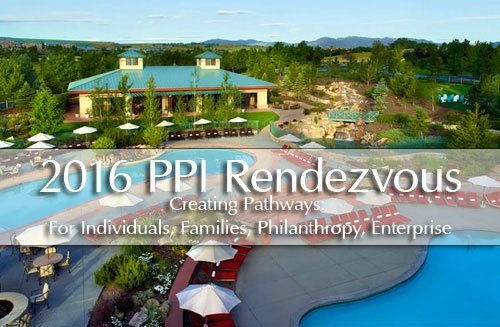|
Getting your Trinity Audio player ready...
|
The Many ‘Ships of Working with Family
Lots of Ways to Look at Managing Assets Together
The inspirations for these weekly missives come from a variety of sources, because writing 52 blogs every year necessitates a wide universe of catalysts.
Some members of my family have accused me of having an “addiction” to Twitter, and I suppose that sometimes it might seem that way, although I believe it’s very much under control (spoken like a true addict, I acknowledge).
And so you might have already guessed that Twitter is the source for the idea behind this week’s post.
Hat tip to Ryan Foland, who tweeted out a post a few month’s back that caught my attention, which stated “PartnerSHIPS are delicate, navigate wisely”, along with a cartoonish image of a captain at the wheel of a boat.
I emailed his tweet to myself, adding “relationships and leadership” to cement the idea for this piece, and put it into my “blog ideas” folder.
Since my “beat” is families who own and manage assets together, I want to explore those “ships” along with a couple of others I since added to the pile.
OwnerSHIP
The simplest one to start with is ownership, since it is the fact that people actually own something together sits at the root of the challenges that they face, as well as the opportunities.
It’s much simpler when you own something all by yourself, since you alone can make every necessary decision without even informing anyone else.
The families I work with all own things together, or there is a strong intention for them to co-own assets together in the future.
It’s this “co-ownership” that holds most of the challenges.
PartnerSHIP
That co-ownership brings us to the next ship, which is the partnership. Every partnership has its own advantages and disadvantages, of course, and being a partner in anything with family members just adds to the excitement, for lack of a better word.
When I speak about the work I do, I often make an analogy to leverage used in investing; if you borrow money so that you can make a larger investment, you can make more money, provided of course that you do make money. If you lose money, you also lose more money.
Being in any partnership with family members is wonderful when things go well, but when they go poorly, there’s more a stake to lose as well.
LeaderSHIP
In order for any ownership partnership to go well, some form of strong leadership is also required.
I used the term “some form” on purpose there, to highlight the fact that leadership doesn’t always look the same, especially in the case of families.
As a family goes from the first generation (G1) to the second (G2), there’s typically a shift from an autocratic style to something more democratic.
Ideally, there’s strong leadership of the business aspects, keeping that area strong, as well as some strong leaders of the family as well.
Those roles often reside in the same person in G1, but by G2, and certainly if they get to G3, more than one person will play key leadership roles, even if they’re not “official”.
See The Unsung Role of Family Champions
StewardSHIP
One type of leadership attitude and style that’s sometimes adopted is stewardship. Definitions of stewardship include words like “supervising” and “taking care of” something, and often include adjectives like “responsible” and “careful”.
There are worse attitudes a family can take, and stewardship continues to be a style to which many families aspire.
It does have its drawbacks as well though, such as how it can leave rising generation family members unfulfilled and can see family assets dissipate over time.
See Striving for the “All and Nothing” Inheritance
RelationSHIP
I saved relationship for last because I think of this one a bit differently. This one sort of serves as the foundation for all of the others in my mind, because if relationships between family members start to go sour, all of the other “ships” suffer as a result.
Relationships are precious and need to be tended to consciously, because their quality affects everything else the family does together.
Communication is so important and I always lean towards more communication than less, because a vacuum of communication typically causes more issues and harms more relationships than when there’s plenty of it.
All these SHIPS are delicate, so please navigate wisely!











